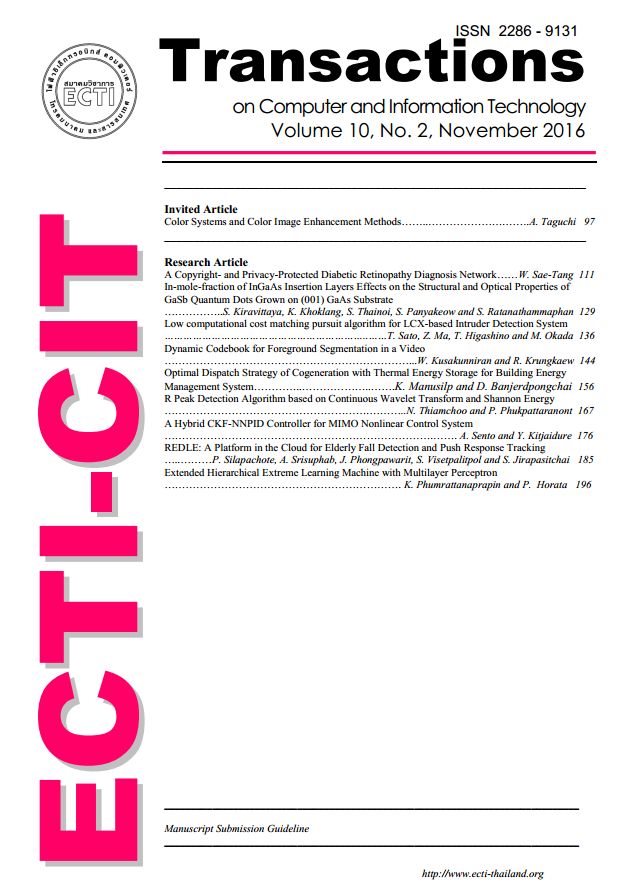If You Care to Find What You Are Looking For, Make an Index: the Case of Lexical Access
Main Article Content
Abstract
Obviously, words play a major role in language production, hence finding them is of vital importance, be it for writing or for speaking (spontaneous discourse production, simultaneous translation). Words are stored in a dictionary, and the general belief holds, the more entries the better. Yet, to be truly useful the resource should contain not only many entries and a lot of information concerning each one of them, but also adequate navigational means to reveal the stored in-formation. Information access depends crucially on the organization of the data (words) and the access keys (meaning/form), two factors largely overlooked. We will present here some ideas of how an existing elec-tronic dictionary could be enhanced to support a speaker/writer to find the word s/he is looking for. To this end we suggest to add to an existing electronic dictionary an index based on the notion of association, i.e. words co-occuring in a well balanced corpus, the latter being supposed to represent the average citizen’s knowledge of the world. Before describing our ap-proach, we will briefly take a critical look at the work being done by colleagues working on automatic, spon-taneous or deliberate language production, -that is, computer-generated language, simulation of the men-tal lexicon, or WordNet (WN),- to see how (in)adequate they are with regard to our goal


